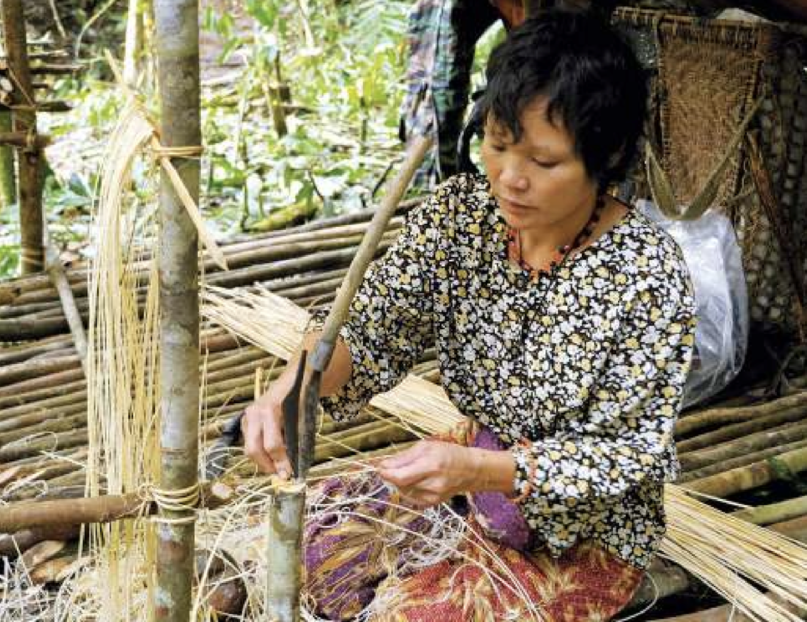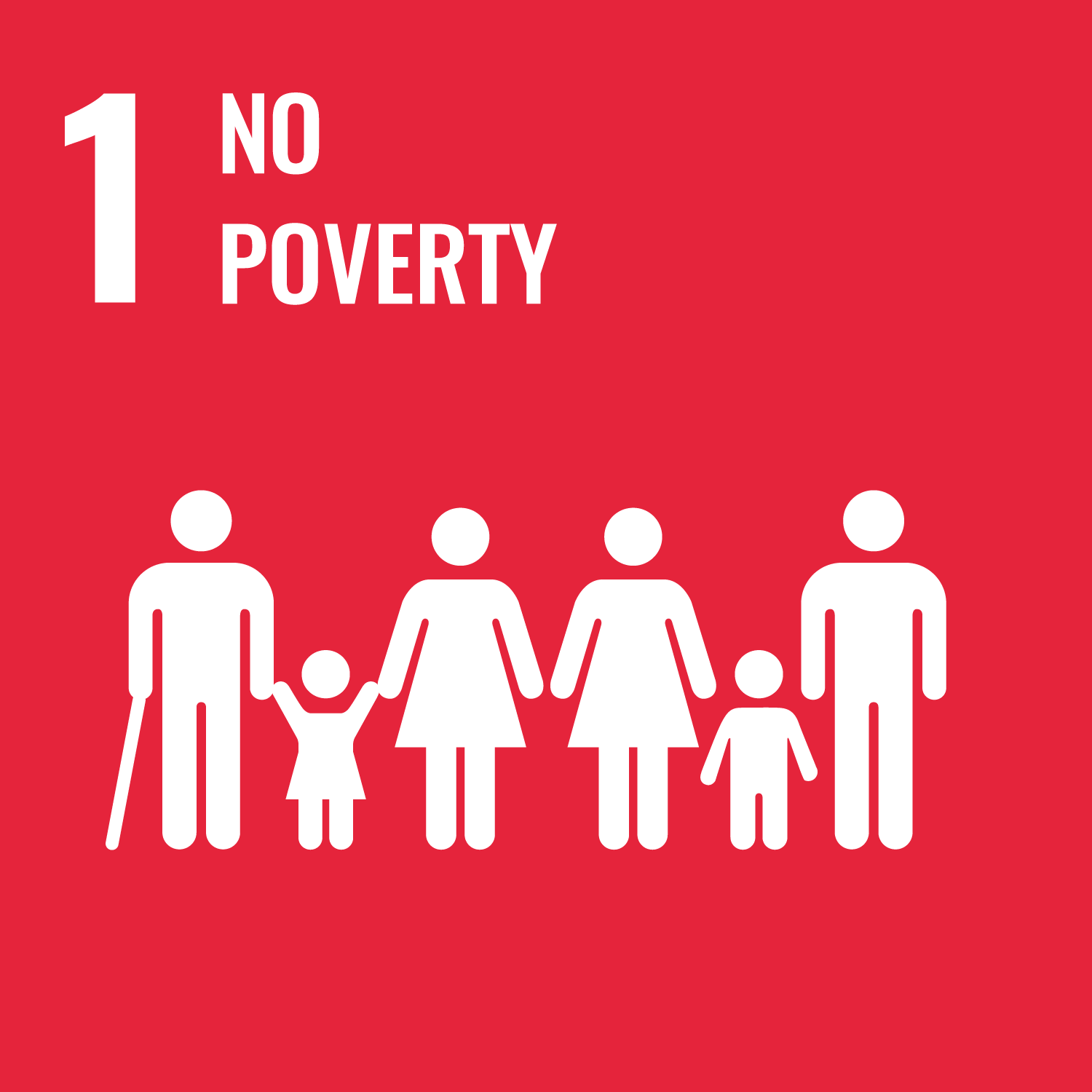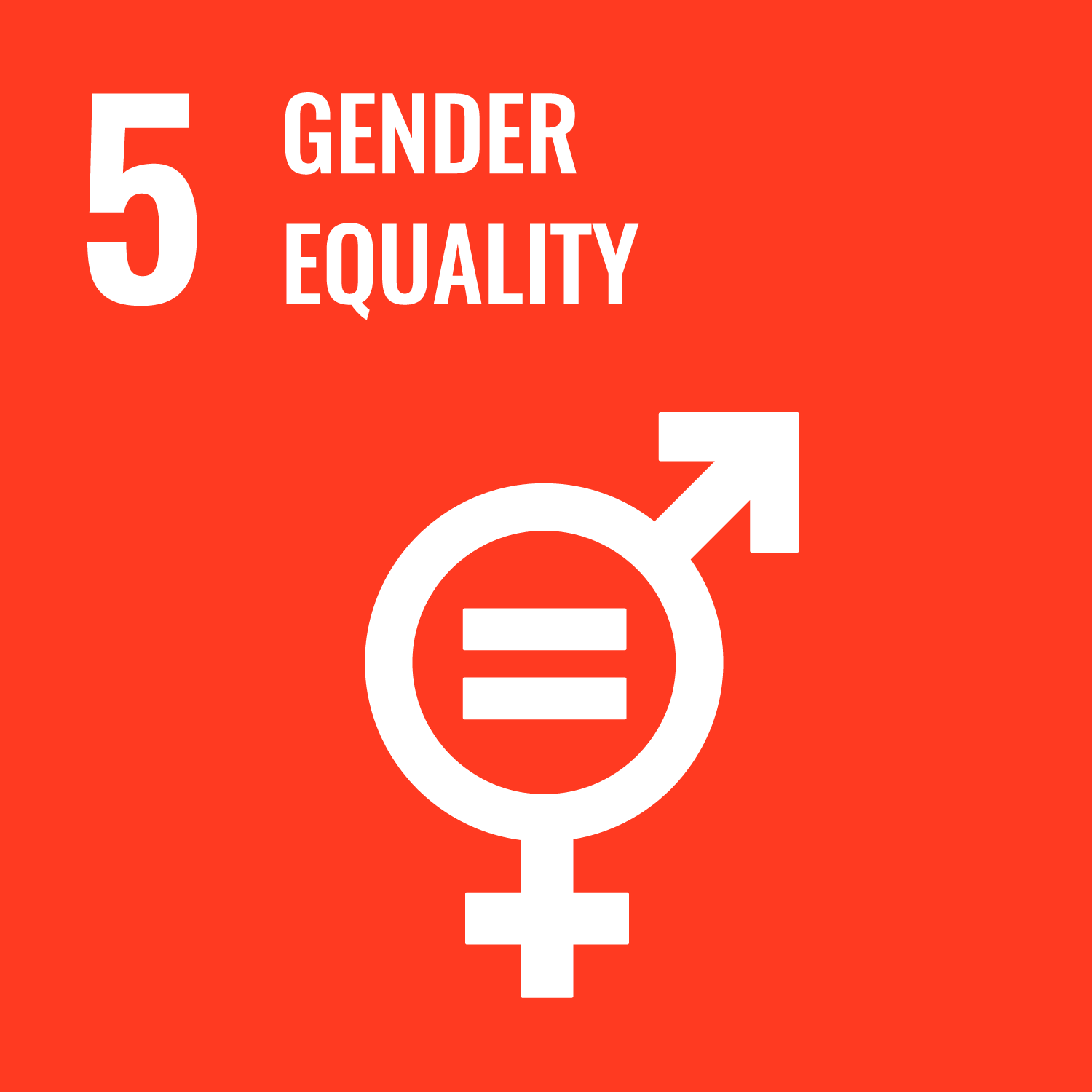Celebrating International Day of the World’s Indigenous Peoples—tropical forest custodians
9 August 2022

A woman of an Indigenous community in Sarawak, Malaysia works with Rattan strips, as part of an ITTO project with the local communities for Buffer Zone Management in Pulong Tau National Park. Photo by P. Chai
Yokohama, Japan, 9 August 2022: On International Day of the World’s Indigenous Peoples, ITTO reiterates its commitment to fully recognizing and supporting the ownership, control, customary rights and role of local communities and Indigenous Peoples on forest land and resources. The theme of the Day this year is the role of indigenous women in the preservation and transmission of traditional knowledge.
The International Tropical Timber Agreement 2006—the treaty under which ITTO operates—recognizes the importance of enhancing the capacity of Indigenous Peoples and communities to achieve the Organization’s objectives. The Organization also fully supports indigenous women in tropical forestry.
“In tropical forestry, indigenous women play key roles as custodians of traditional forest knowledge and as gatherers and users of diverse forest products,” said ITTO Executive Director Sheam Satkuru.
Advancing the role of indigenous women is crucial for achieving several of the Sustainable Development Goals (SDGs), said Ms Satkuru, especially SDG 1 (no poverty), SDG 5 (gender equality), SDG 12 (sustainable consumption and production), SDG 13 (climate action) and SDG 15 (life on land).
“ITTO projects involving Indigenous Peoples pay special attention to women’s roles and gender issues,” she said.
In Chimaltenango Guatemala, for example, an ITTO project facilitated the development of an indigenous community enterprise, the Patzún women’s group. With ITTO support, the group developed a new enterprise by sustainably harvesting pine needles and using them to manufacture novelty products. Miriam Coy, a member of the group, said, “The way we work with pine is a new experience for me, and it is of great help to us and our families because it brings economic income to our households”.
ITTO has a long history of supporting Indigenous Peoples in its projects.
Another ITTO project in Guatemala created opportunities for Indigenous Peoples in the western highlands, reducing pressure on forests by supporting the development of sustainable management practices in community forests where women comprised 40% of the project participants. Among other things, the project built capacity in nursery management—the Nebaj municipal forest nursery, established under the project, enabled the restoration of about 32 hectares of deforested land.
In Sarawak, Malaysia, several ITTO projects worked with the Penan and Iban groups to conserve biodiversity, improve livelihoods and develop new protected-area management practices around the Pulong Tau National Park. Project interventions were aimed at building the capacity of the Penan to grow fruit crops, develop fisheries, make handicraft products for sale, and improve their housing and water-supply infrastructure. The projects also identified three communal forests to be managed for the long-term supply of forest products.
In West Africa, another ITTO initiative is promoting the participation of smallholders in the restoration of degraded forest lands in six countries (Benin, Côte d’Ivoire, Ghana, Liberia, Mali and Togo). Under this initiative, an analysis of challenges and opportunities faced by smallholders recommended (among other things) the creation of baselines to secure land tenure; the development of incentives, support schemes and financial mechanisms; and capacity building on silviculture.
The ITTO Environmental and Social Management Guidelines, which provide a systematic procedure for integrating safeguards and risk management into the ITTO project-cycle process, include a principle on recognizing and supporting the rights of local communities and Indigenous Peoples to forest lands and resources.




